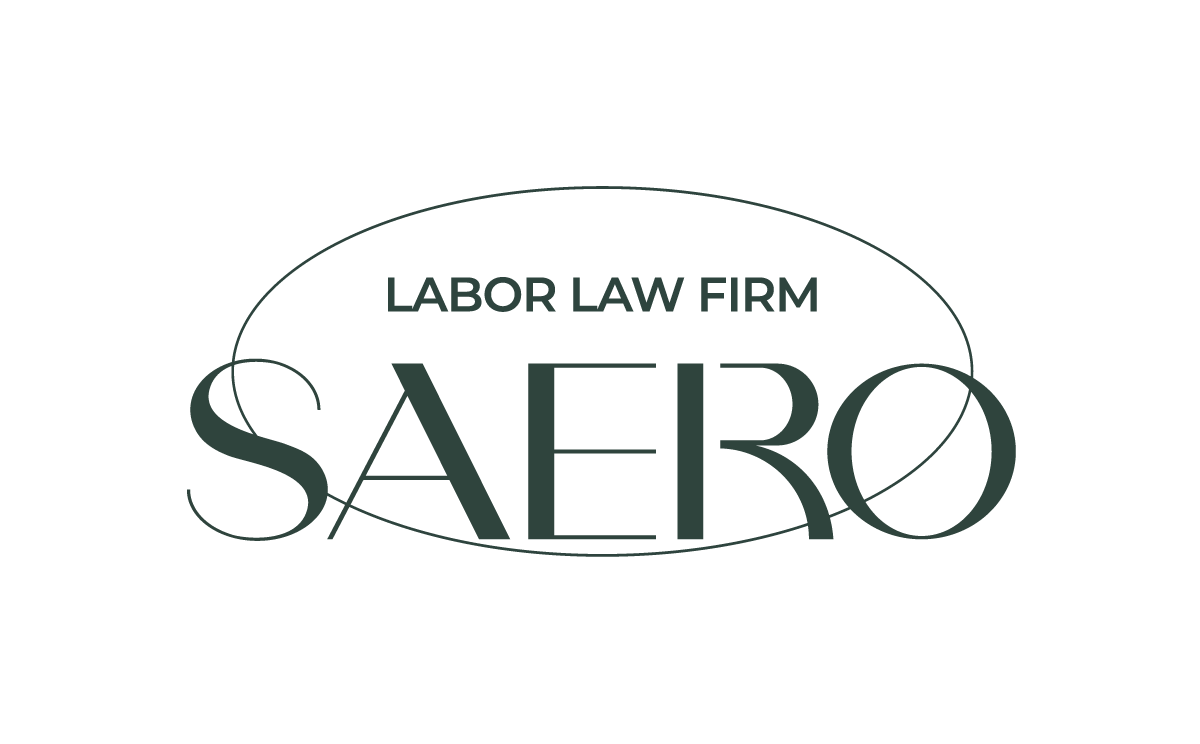Who Is the “Employee Representative” in Korea? - Key Concept in Labor Law and HR Compliance
- Date2025/03/27 14:18
- Read 4
When implementing various HR policies, employers in Korea are often required to consult or obtain agreement from an “employee representative.” At first glance, it may seem that members of the Labor Unions or Labor-Management Council, particularly the employee members elected by the workforce, can serve this role. However, this is not always the case.
Let’s take a closer look at who qualifies as an “employee representative” under the Labor Standards Act and other labor-related laws in Korea.

1. Definition of “Employee Representative” under the Labor Standards Act
Article 24 of the Labor Standards Act stipulates that when an employer intends to carry out a dismissal for managerial reasons, they must notify and sincerely consult with the “employee representative” in advance.
Here, the term “employee representative” refers to:
-
The labor union organized by a majority of the employees at the business or workplace; or
-
If there is no such union, a person who represents a majority of the employees.
2. Legal Authority of the Employee Representative
The employee representative has the authority to consult or reach written agreements with the employer in the following cases under the Labor Standards Act:
-
Article 24: Consultation on dismissals for managerial reasons
-
Article 51: Agreement on the flexible working hour system
-
Article 52: Agreement on the optional working hour system
-
Article 55: Agreement on substitute holidays
-
Article 57: Agreement on the compensatory leave system
-
Article 58: Agreement on deemed working hours (off-site work)
-
Article 58: Agreement on the discretionary working hour system
-
Article 59: Agreement on exceptions to working hours and break times
-
Article 62: Agreement on substituting annual paid leave
-
Article 70: Consultation on night or holiday work by pregnant or minor employees
3. Can the Employee Representative Consent on Behalf of Employees for Rules of Employment? No.
Under Article 94 of the Labor Standards Act, when preparing or amending rules of employment, the employer must hear opinions from the majority labor union or, if there is none, obtain consent from a majority of the employees.
Here, “majority of employees” literally means more than half of the total employees—not the employee representative who merely represents them.
Therefore, in the case of disadvantageous changes to the rules of employment, the employer must obtain consent through a collective decision-making process involving the actual majority of employees.
4. Is the “Employee Representative” under the Retirement Benefit Guarantee Act the Same?
Under Paragraph 3 of Article 4 of the Act on the Guarantee of Employees’ Retirement Benefits, the term “employee representative” refers to the majority labor union or, if none exists, a majority of the employees, just like the rules of employment process.
Therefore, when the Act requires consultation, agreement, or consent from the employee representative, this must be based on the majority of employees, not merely a designated representative.
5. Can the Employee Members of the Labor-Management Council Act as Employee Representatives?
Not necessarily.
Under the Act on the Promotion of Workers' Participation and Cooperation, employee members of the Labor-Management Council are either:
-
elected through a vote by a majority of employees, or
-
appointed by a labor union that represents the majority of employees.
However, the Labor Standards Act defines “employee representative” differently.
Even if an employee member of the Council has been elected by a majority vote, this does not automatically make them the employee representative for purposes such as concluding agreements under Articles 51 or 52 of the Labor Standards Act.
According to the Ministry of Employment and Labor’s interpretation (Labor Standards Policy Division-2872, July 1, 2015), unless the employee member has been specifically elected as the employee representative through a process that clearly reflects the majority opinion of the employees, they cannot be deemed an employee representative under the Labor Standards Act.
Even in workplaces where a Labor-Management Council exists, employers must conduct a separate procedure to designate an employee representative when required by law. Employers should take care to follow appropriate procedures to ensure the validity of agreements or consultations involving the employee representative.
To learn more about Korean labor law, or to inquire about other services we provide, please email us at saero@saerolabor.com to request our firm profile or schedule a brief introductory call.
